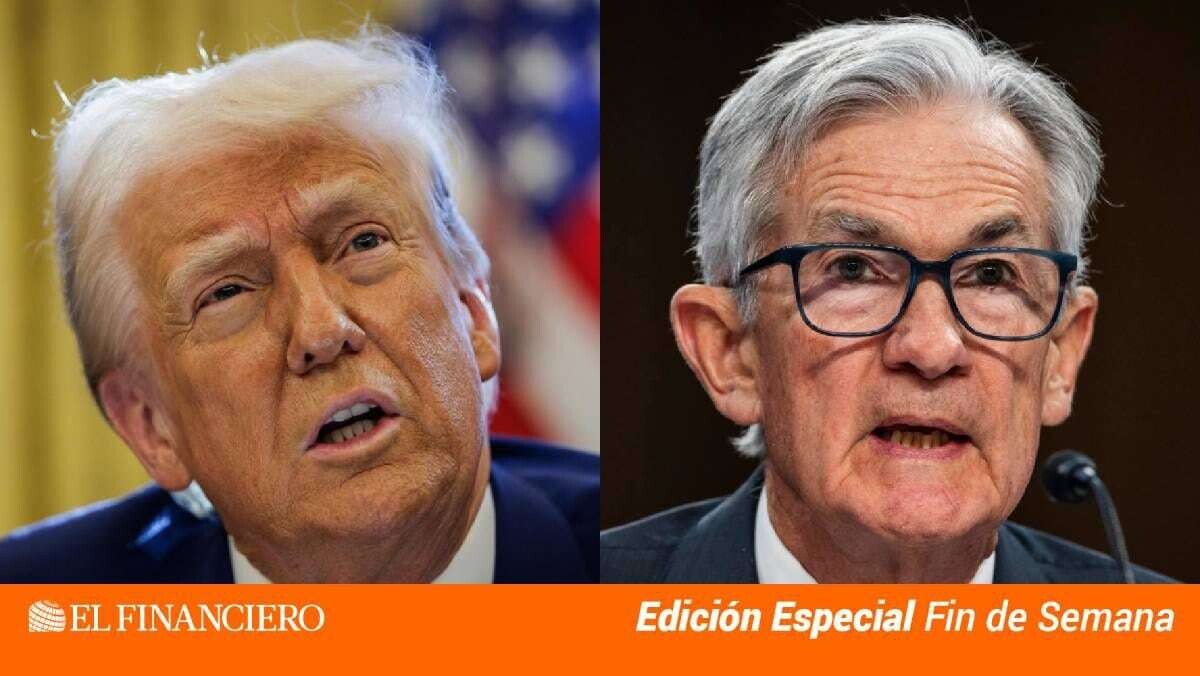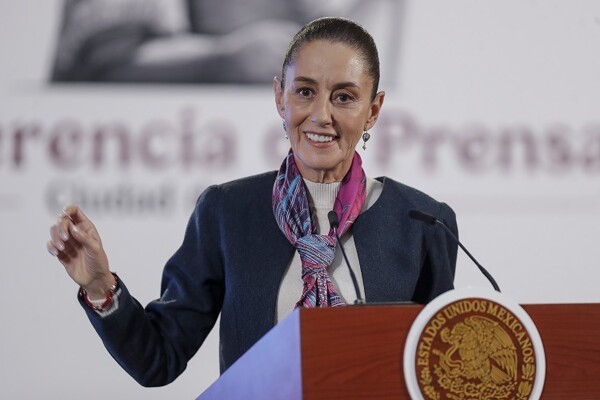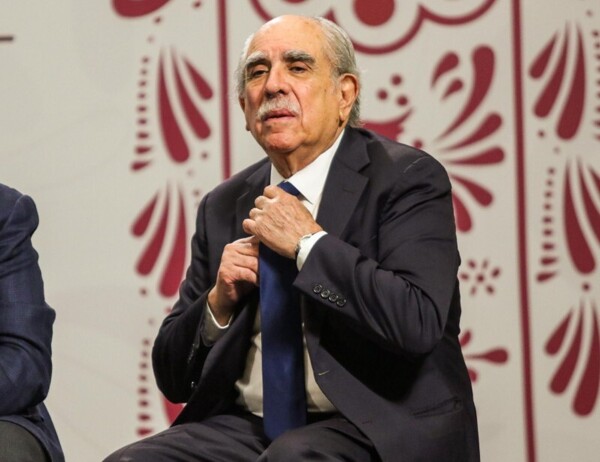
In the monetary policy meeting of the Bank of Mexico (Banxico) held in the first week of February, Deputy Governor Gabriel Cuadra was present after being ratified by the Senate as a new member of the Board of Governors. In that same meeting, the Mexican central bank decided to reduce its reference rate by half a percentage point, placing it at 9.50 percent, with a majority of four votes to one, with a dissenting vote from Deputy Governor Jonathan Heath in favor of a quarter-point cut to 9.75 percent.
The Senate unanimously approved the appointment of Cuadra as a member of the Banxico Board of Governors for the period from February 5 of this year until December 31, 2032. The wide vote in his favor highlights the legitimacy of his appointment, supporting the 26 years of experience that Cuadra has accumulated at Banxico, where he has held various roles.
Consulted analysts highlight that Cuadra is an economist with strong convictions about the importance of maintaining stability in inflation, and that during his ratification he demonstrated competence in the field of monetary policy, thus fulfilling the requirements established in the Banxico Law.
The members of the Board of Governors, which includes Governor Victoria Rodríguez and the four Deputy Governors, have as their main objective the control of inflation, always keeping in mind the 3 percent target. The independence of the central bank is fundamental, as indicated by the autonomous directives that govern its function to maintain price stability and isolate the political cycle from the monetary one to control inflation.
Cuadra's appointment comes in a context where President Donald Trump is exerting pressure on the Federal Reserve (Fed) of the United States, highlighting that this week in his testimony before Congress, Fed Chairman Jerome Powell reaffirmed his stance of not being in a hurry to cut the reference rate. Despite Trump's requests, Powell has defended the independence of the U.S. central bank.
Markets and investors value the clarity and firmness of central banks regarding their objectives, being crucial for them to maintain their commitment to controlling inflation. In this sense, firmness in the inflation target is key to countering political pressures and ensuring economic stability.














